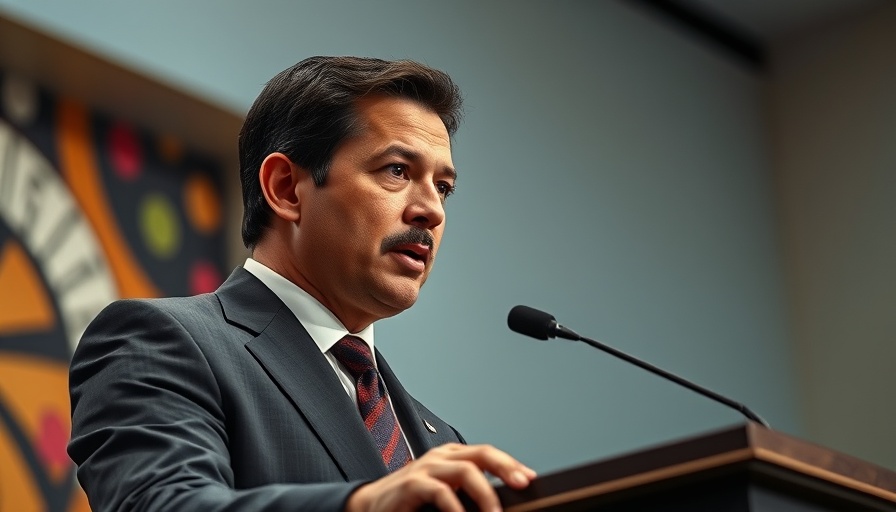
The Government of National Unity: A Fragile Yet Resilient Coalition
As South Africa navigates through the complex waters of coalition governance, President Cyril Ramaphosa asserts that the Government of National Unity (GNU) remains intact amid various disagreements among its partners. In his recent letter to the nation, he expressed confidence in the coalition's durability, despite the postponement of the budget due to political differences for the first time since 1994, which he described as ‘unfortunate’.
Political Dynamics within the GNU
The GNU is a coalition comprising several political parties, prominently including the African National Congress (ANC), the Democratic Alliance (DA), and the Economic Freedom Fighters (EFF). Ramaphosa emphasized that disagreements and contradictions among these parties are part and parcel of a healthy democratic process. “Such differences do not mean that the GNU is in a crisis,” he noted, highlighting the importance of public discussions for accountability and transparency.
Moreover, the proposed 2% tax hike has emerged as a focal point of contention. However, Ramaphosa remains optimistic, declaring that “disagreements, contradictions and policy divergence are inherent in governments made up of several political parties.” This sentiment echoes the need for ongoing dialogue in addressing the economic concerns that plague many South Africans, especially under the specter of historical grievances intertwined with present-day governance.
The Significance of the Budget Postponement
The budget serves not just as a fiscal document but as a vital tool reflecting the government's priorities and societal needs. Ramaphosa noted that the last-minute postponement raises concerns which could affect public confidence, impacting the economy and investor sentiments. “The budget reflects government’s choices and priorities for the country’s development,” he observed. The new budget date has been scheduled for March 12, providing a timeline for resolving ongoing disputes.
The Intersection of Domestic Politics and Global Influence
On the international stage, Ramaphosa’s leadership coincides with South Africa’s presidency of the G20, a significant opportunity to engage with global leaders. The country’s strategic role has been complicated by geopolitical tensions, notably demonstrated by the absence of U.S. Secretary of State Marco Rubio at the recent G20 Foreign Ministers Meeting. This boycott underscores the growing strains in U.S.-South African relations, which have been exacerbated by policy disagreements relating to issues such as climate change and socio-economic reforms.
Ramaphosa’s advocacy for a multilateral approach to global crises during the G20 talks reflects his commitment to addressing both domestic issues and international challenges, positioning South Africa as a voice for developing nations. As he asserted, “It is critical that the principles of the UN Charter, multilateralism and international law should remain at the centre of all our endeavour.”
Building a Sustainable Future Amid Political Noise
Despite the challenges posed by differing political ideologies and priorities within the GNU, Ramaphosa maintains that consensus-building is essential to the coalition’s longevity. This cooperation is paramount as South Africa seeks to confront pressing issues such as service delivery, land reform, and economic inequality. Ramaphosa concluded in his weekly letter that “the centre holds” and that the GNU serves as a testament to South Africa’s evolving governance landscape, where varied interests must converge for the benefits of all citizens.
Looking Ahead: The Road to Elections and Beyond
In anticipation of critical upcoming elections in 2024 and 2026, the GNU faces the dual challenge of maintaining stability while addressing the nation’s pressing needs. The overarching narrative of coalition governance will ultimately hinge on voter turnout and public perception of this delicate balancing act between competing interests. For many South Africans, the effectiveness of the GNU will be evaluated not just in political rhetoric but in tangible improvements in their daily lives.
As South Africa forges ahead, the continuous dialogue within the GNU remains crucial in shaping a resilient political landscape—one where the diverse voices of the electorate can be harnessed for a brighter and more unified future.
 Add Row
Add Row  Add
Add 




Write A Comment